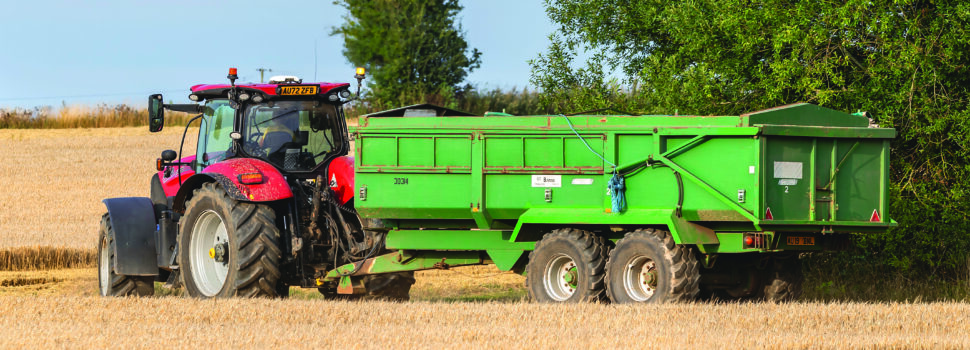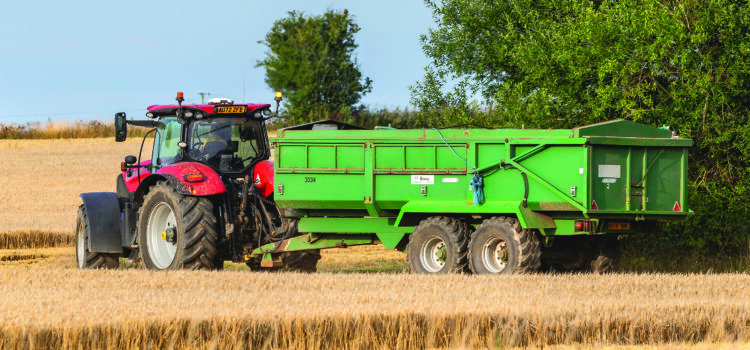


Lessons must be learned from the summer drought – including changes to agri-environment schemes, say farm leaders.
The NFU wants Defra to ensure that the next round of the Sustainable Farming Incentive supports farmers’ resilience in the face of a changing climate. It comes as farmers grapple with ongoing lack of rain and unseasonably high temperatures.
The dry spring and summer mean drought-reduced winter forage stocks are already being used to feed livestock, prompting requests to the Rural Payments Agency for flexibility to graze land in agri-environment schemes.
Food supply
Due to be reopened next year, the next iteration of the SFI must ensure farmers are resilient to climate pressures while safeguarding food security and rewarding producers who meet environmental targets, says the NFU.
NFU deputy president David Exwood said: “We’ve consistently raised concerns with government this summer about the lack of flexibility to graze on land in environmental schemes without risking the loss of scheme payments.
“With increasingly extreme dry and wet periods, there must be greater flexibility in agri-environment schemes – to protect animal welfare, ensure farmers are paid fairly for the environmental work they deliver and safeguard our national food security.”
Heat and drought
The Nature Friendly Farming Network has made similar calls. With heatwaves and drought hitting farms hard, it says the long-term viability of farm businesses depend on moving to low-input systems that work alongside the environment.
The NFFN wants a one-year rollover agreement for farmers whose Countryside Stewardship agreements are due to finish on 31 December. As it stands, there is no agri-environment scheme available for them to transfer to afterwards.
This gap has arisen because the SFI is closed to new applicants until next year. This means farmers with stewardship agreements due to expire have been left in limbo, says NFFN chief executive Martin Lines.
‘No choice’
“The government has failed to provide a joined-up approach to moving farmers into new agreements,”he says. “An enormous gap now needs bridging. Fortunately, there is still time for ministers to act.”
A rollover would provide badly needed confidence, said Mr Lines. “We need farming that focuses on soil health, biodiversity and reducing costs. This isn’t just about money – it’s about building resilience in both our landscape and our businesses.”
Defra says the SFI gives farmers a choice of actions that reward sustainable food production while protecting and enhancing nature. The relaunched scheme will build on what has made the SFI effective so far, it says.

